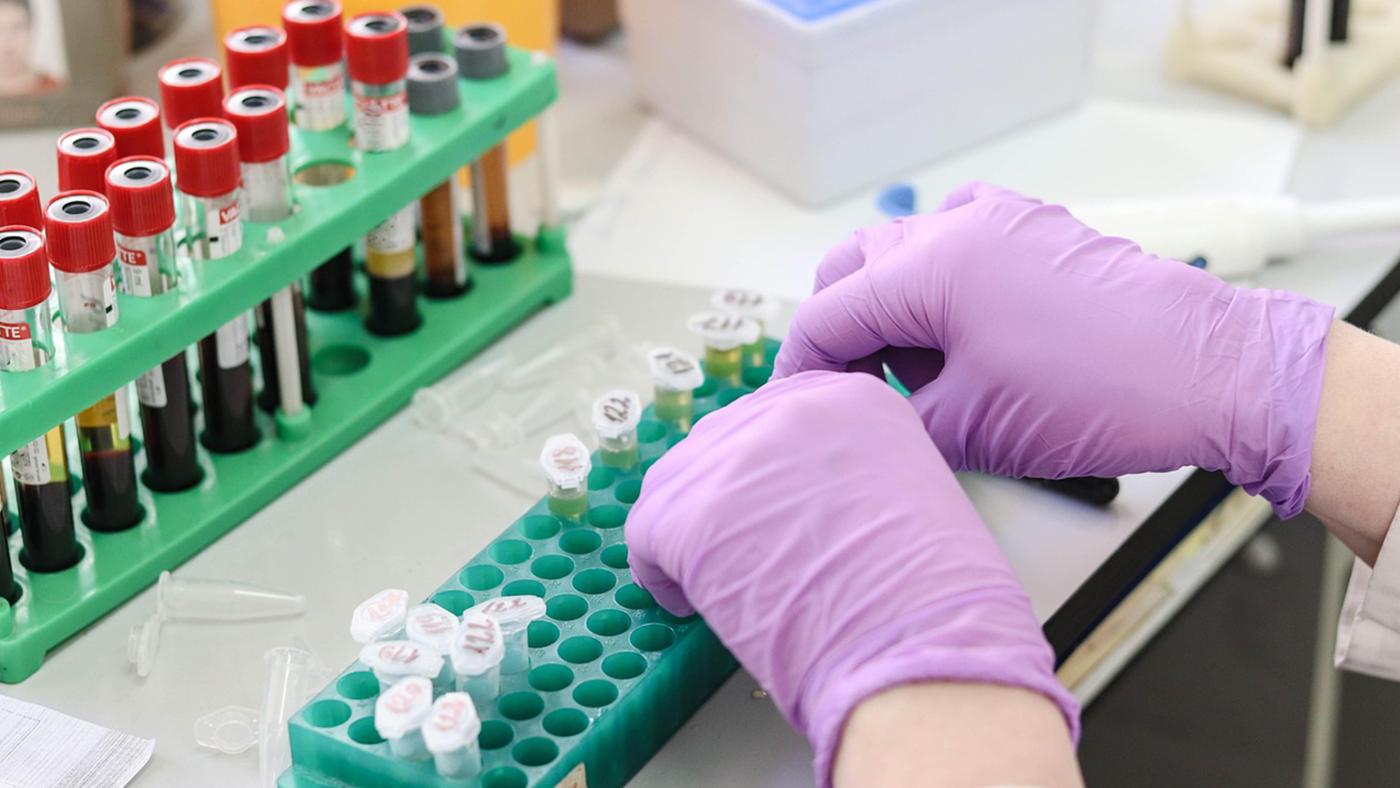Royal Netherlands Academy of Arts and Sciences
New code of conduct for researchers advises caution with AI

The current code of conduct for scientific integrity, which is only seven years old, has been deemed outdated by a committee within the Royal Netherlands Academy of Arts and Sciences (KNAW). The committee felt that the code should be better aligned with the practice-oriented research conducted by universities of applied sciences. Furthermore, the use of artificial intelligence has exploded in the meantime, and knowledge security is much higher on the agenda due to all the geopolitical tensions.
Politics
Not to mention a pandemic happened during this period. KNAW's draft code, published on Friday, states that “political involvement” in scientific research has increased in recent years. The lockdowns of the Covid-19 era are an example of that. Many wonder who was deciding that schools should close: scientists or politicians?
Scientists must be transparent when they engage in politics, and politicians should refrain from interfering with science. ‘All parties must respect each other's individuality and autonomy so they can properly fulfil their social roles,’ KNAW states in the new code. The document also states that scientists do not only provide facts, they also provide 'methodical doubt'.
Malicious journals
The proliferation of malicious pseudoscientific journals has also led KNAW to include a section telling scientists not to collaborate with them. The academy pleads with scientists to publish only in journals that apply rigorous quality controls.
Based on the integrity code, anyone who has doubts about the integrity of scientific research can file a complaint with the university. One can appeal to the Netherlands Board on Research Integrity (LOWI).
The KNAW invites everyone to participate in reviewing the draft text. Comments are welcome until October 20. People are welcome to comment on the language, indicate if anything is missing, and point out whether the consequences of each rule have been properly considered.
Open science and AI
Some new additions sound cautious. For example, the principle of open science has been included in the code. According to KNAW, data and publications must be freely accessible 'whenever possible and desirable'.
In an accompanying note, the authors explain that the new code of conduct for generative artificial intelligence has been deliberately formulated in broad terms. After all, the technology is developing fast, and the new rules must be compatible with technology that does not yet exist.
One of the rules in the document is to ‘only use technologies whose functionality is known and scientifically validated,’ which will not be easy, as AI programmes such as ChatGPT, Perplexity and Mistral generate texts and images based on statistics and data. It is difficult to say what the sources were or how the data was processed.
Not easy
Another rule says: ‘Do not use technologies that hinder compliance with the principles and standards in this code.’ The drafting committee urges employers to support their employees in this process and develop clear guidelines.
The new code of conduct applies to both universities and universities of applied sciences. Higher professional education is not explicitly mentioned, except in cases such as the funding of chairs and lectureships, which must be transparent.
The new version of the Dutch Code of Conduct for Scientific Integrity is expected to take effect early in 2026.
Comments
We appreciate relevant and respectful responses. Responding to DUB can be done by logging into the site. You can do so by creating a DUB account or by using your Solis ID. Comments that do not comply with our game rules will be deleted. Please read our response policy before responding.